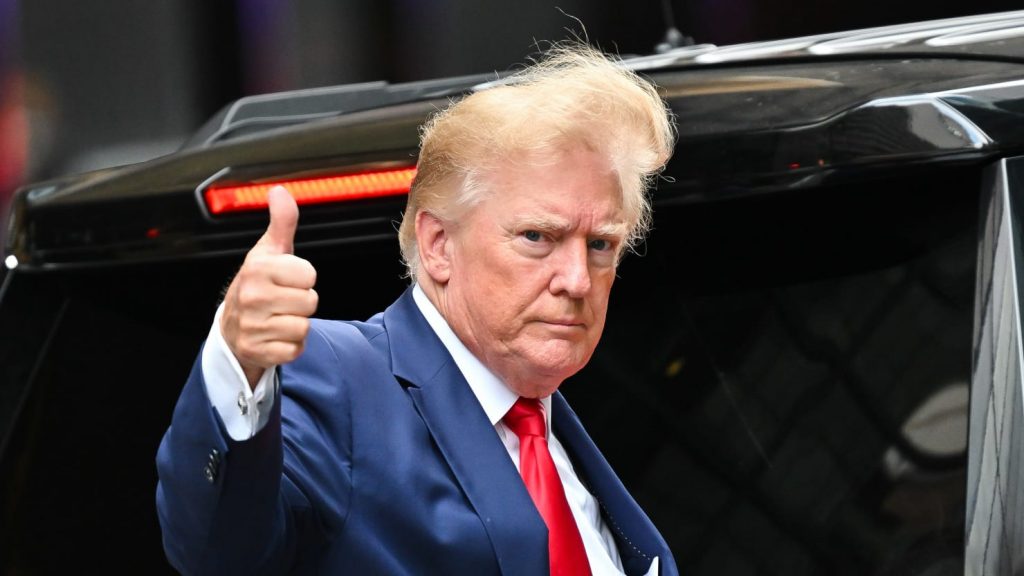The venture capital arm of General Motors, GM Ventures has invested in a California firm that produces faux leather from mushrooms.
MycoWorks produces the material by utilizing the root-like mycelia structures of mushrooms. It could serve as a replacement for traditional leather created from animal skins, typically cow, as well as synthetic leather made from plastic. According to 2015 data from the International Council of Tanners, the automotive industry is the greatest user of leather other than shoes.


These threadlike mycelia are cultivated by the Startup MycoWorks into supple, leather-like sheets. The resulting material has a leather-like texture, comparable durability, and may be tinted without the use of toxic chemicals, just like leather can.
The mycelia are cultured in trays of organic material, typically wood pulp, which they devour and decompose as they grow. The leather-like substance is created by causing the mycelia to intertwine as they grow through a variety of techniques that business representatives declined to describe. According to MycoWorks co-founder Sophia Wang, the sheets can be manufactured in a variety of thicknesses and can be much thinner than leather.
MycoWorks and GM Ventures both declined to disclose the amount of investment made by GM Ventures.
“The collaboration will focus on research and development, examining the possible usage of this leather substitute in future car design,” GM Ventures said in an email.
Wang said that the company has used investments from venture capital firms to improve its ability to make things.
Wang said that it takes a few weeks, not years, for the Reishi plant to grow a sheet that is about the size of half a cowhide. She said that since Reishi is always the same, there’s no need to throw away material with flaws like you have to do with leather made from animal hides.
Fine Mycelium is a trademark of MycoWorks for the material that is used to make fake leather. Reishi is the name of the leather-like material that is made at the end. The partnership between GM and MycoWorks will help MycoWorks develop Reishi for use in cars, such as on seats, dashboards, and steering wheels. Materials can have trouble in the interiors of cars because of the high temperatures and exposure to things like spilled food and lotions.
“GM marks MycoWorks’ first relationship outside of the fashion industry, illustrating the unlimited potential and uses for Fine Mycelium,” said Matt Scullin, Chief Executive of MycoWorks, in a statement.
MycoWorks and the French fashion label Hermés collaborated in the past to develop a different leather alternative called Sylvania. This project was a success. In addition, the brand has collaborated with hat designer Nick Fouquet to create a collection of headwear fashioned from reishi mushrooms.
Phil Ross is an artist, plus Co-Founder / CTO of MycoWorks in San Francisco, and Wang, an artist who worked with Ross, established MycoWorks in 2013. Ross has been working with mycelia to construct a variety of different sculptural forms, and his artwork has been presented at a number of different institutions and events, including the Museum of Modern Art in New York City. According to Wang, large organizations started asking Ross about the possibilities of mycelia in a number of industry applications. Because of this, it looked like the next obvious step was to form a firm to commercialize the concepts, so Ross did just that. She mentioned that several of the early queries came from the automotive industry.
At the beginning of this year, Mercedes-Benz announced that it had used materials based on mycelium in its EQXX electric concept vehicle. That project did not involve MycoWorks in any way, and it utilized comparable components sourced from a rival company.
Learn more about Kent Helfrich, President at GM Ventures and his his firm.




